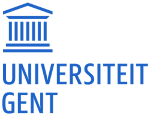Research
Marine@UGent engages in research covering a range of oceanographic disciplines which helps us to increase our understanding of the complex nature of our changing seas.
Our research is organised into seven main areas: Blue Biotechnology, Building with Nature, Sustainable Seafood, Maritime shipping & logistics, Healthy Oceans, Offshore energy, and Multi-use of oceans. Marine@UGent scientists generally focus on one of these key areas of marine science and are responsible for obtaining in-depth knowledge and research. Many projects also involve interdisciplinary research, which involves the collaboration of scientists across a range of science research areas.
Marine@UGent offers expertise and assistance to researchers, policy-makers, industry, ngo's and other stakeholders interested in the marine environment. The researchers of Marine@UGent take an integrated, multi-disciplinary approach to tackle the questions and problems raised by our constantly changing planet and threats like climate change who pose a big threat to society. The centre also provides training opportunities.
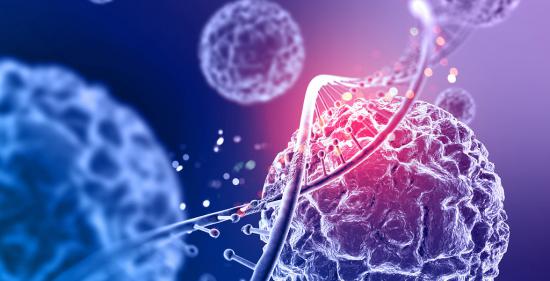
Blue Biotechnology
Our oceans produce a wide range of natural products. Currently, there are roughly 18000 natural products derived from the marine environment, and even more waiting to be discovered. The applications of blue biotechnology are universal: from human health to aquaculture and even biofuel. Blue biotechnology research at Ghent University focusses on developing new biotechnological applications relevant for the wide and diverse Blue sector.
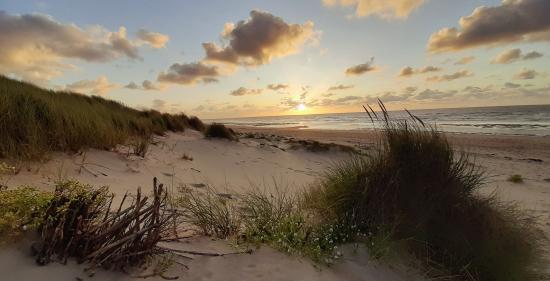
Building with Nature
Coastal protection remains a key challenge worldwide. Climate change and potential consequences of sea-level rise will require new and innovative solutions for coastal protection. Currently, new concepts and technologies focus on the interaction with nature rather than building against nature. Coastal dunes are important ecosystems that can play a crucial role in coastal protection. Within Ghent University, engineers, biologists and ecologists work together to create resilient and more natural coastal protection.
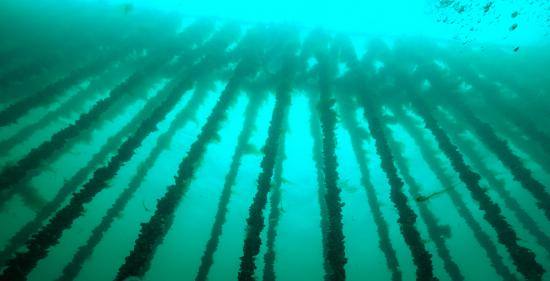
Sustainable Seafood
Aquaculture is one of the fastest growing food production sectors globally. However, the development of this sector, together with fisheries, is often questioned as to their sustainability. Ghent University is a world leader in sustainable aquaculture research, such as hatchery technology, extractive aquaculture using e.g. seaweed and mollusks, strategies to tackle diseases and stress, as well as new sustainable technologies for integrated aquaculture in offshore windfarms.
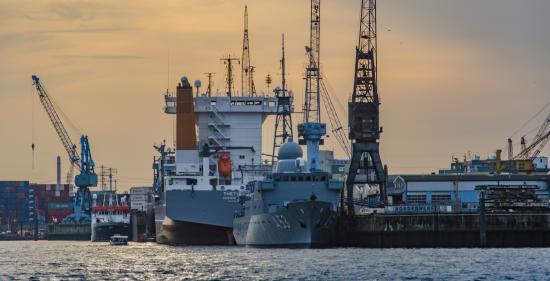
Maritime shipping and logistics
It is no coincidence that global metropoles are all directly connected through rivers, estuaries, seas and eventually oceans. Advancement in technology has introduced a number of techniques that ensures an upgrade in the overall operation of the shipping industry. Maritime infrastructure of the future requires new concepts, techniques, frameworks and tools. Ghent University knows how to set its sails to navigate into the future, due to our multidisciplinary expertise in naval architecture, offshore structures, ports and coastal infrastructure, expedition and maritime law.
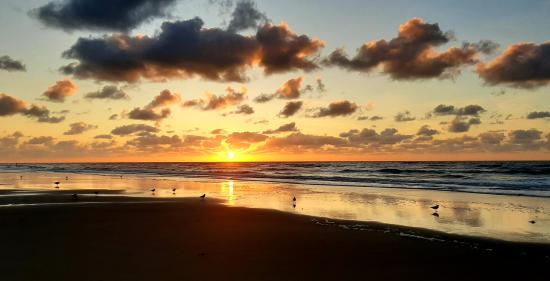
Healthy Oceans
The UN Sustainable development goal 14 focusses on life below water. Ocean acidification, overexploitation of marine resources and pollution due to human activities are threatening our oceans and seas. At the same time, oceans play a vital role in our society through human health, food and economic activities. At Ghent University, we study the impact on our marine ecosystems and focus on developing solutions to create and maintain healthy oceans.
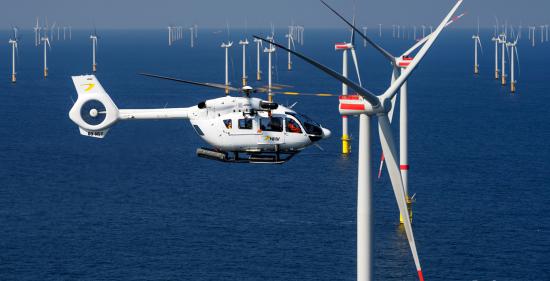
Offshore energy
Oceans contain abundant sources of energy such as wind, waves, tides, solar and biomass. These sources can be transformed into other energy forms like electricity, synthetic fuels or gasses. Further, oceans play a major role in large-scale energy transport to deliver clean, secure and sustainable energy to end-users. Coastal and offshore hubs will facilitate integration solutions for inter-sector and inter-region connections. Ghent University can fully support energy transitions, with maximal preservation or even creation of valuable marine ecosystems.
.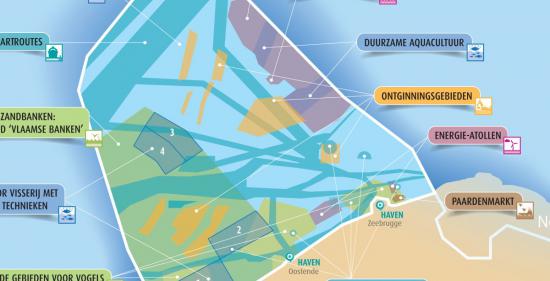
Multi-use of oceans
An ever-increasing variety of activities is our oceans: renewable energy production, aquaculture and biotechnology, shipping, etc. The more users compete for a share of ocean space, the scarcer and more valuable this space becomes. More than ever, systematic planning and coordinating of activities is vital. Ocean space, being a valuable public good, implies a balance between different interests and a good environment is paramount. Ghent University has the expertise to tackle this complex problem by stimulating multifunctional use in a sustainable manner.
